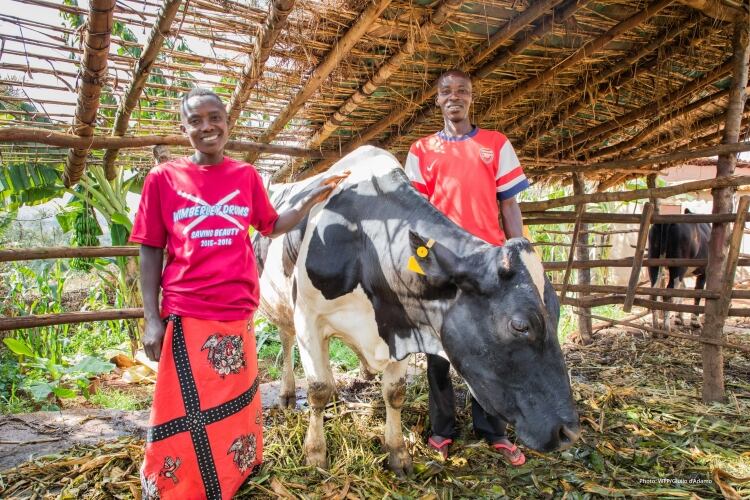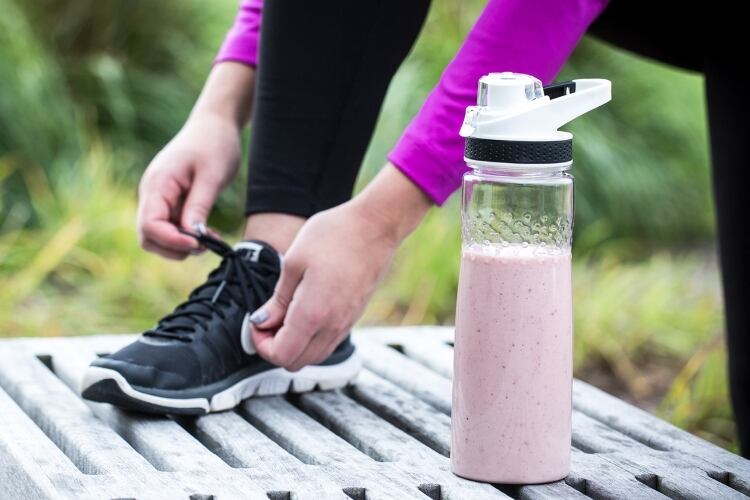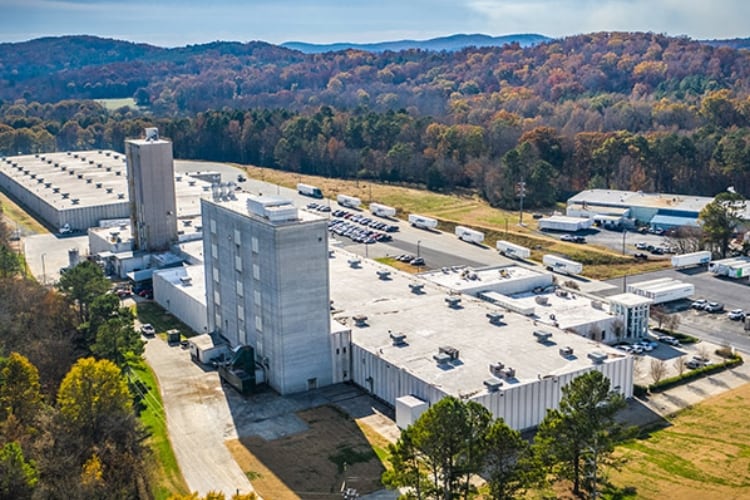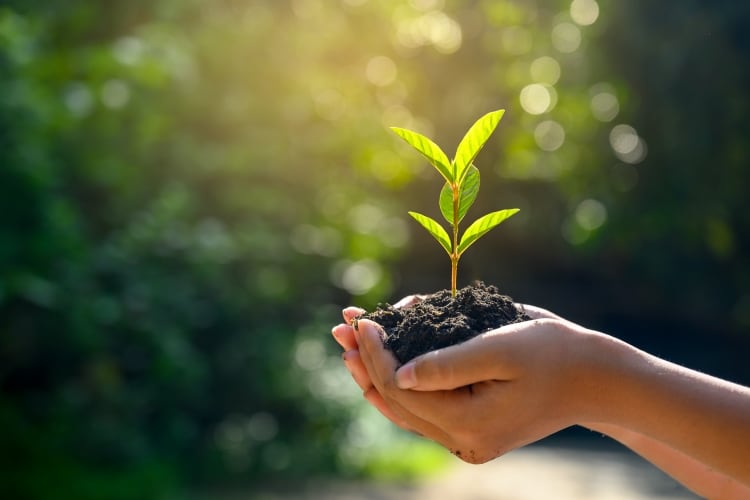It aims to enhance the production and availability of safe, sustainable milk for children and communities in the Gitega province of Burundi.
Project Amata (amata means milk in Kirundi, Burundi’s national language) builds on the previous WFP and Kerry partnership, Project Leche, which helped Honduran farmers create a safer and more sustainable milk supply, nourishing the health of more than 7,500 thousand Honduran children, as well as enhancing economic opportunity and better living conditions for the community.
In Burundi, 65% of people live below the poverty line and chronic malnutrition affects more than half the population. Children are often the most affected, as the lack of regular nutritious food and poor dietary diversity makes them vulnerable to infections and undermines performance at school.
Milk is one of the few sources of animal protein available to children in Burundi but, on average, children receive just two cups per month – the lowest frequency of milk consumption in east Africa. For the 11m people in Burundi, these challenges combine to affect personal development as well as the country’s economic and social development.
Project Amata intends to make safe and sustainable milk more accessible to school children and the community. The project centers around improving food security and nutrition by strengthening the milk value chain and engaging schools and local communities to raise awareness about milk.
Over the course of the three-year program, Kerry and WFP staff will work together with farmers and the local community to build milk production capacity. Equipment and training will be provided, covering areas of livestock management and milk production. The project will be supported further by a financial contribution of $750,000 from Kerry.
Edmond Scanlon, chief executive of Kerry Group, said, “We are delighted to be able to share our dairy, processing and nutrition expertise on Project Amata. This is an example of how Kerry, WFP and local agencies can work together towards achieving Sustainable Development Goal 2: Zero Hunger. It also provides a further concrete example of our ‘Better for Society’ social impact program in action, helping to improve the health and nutrition of people in need.”




